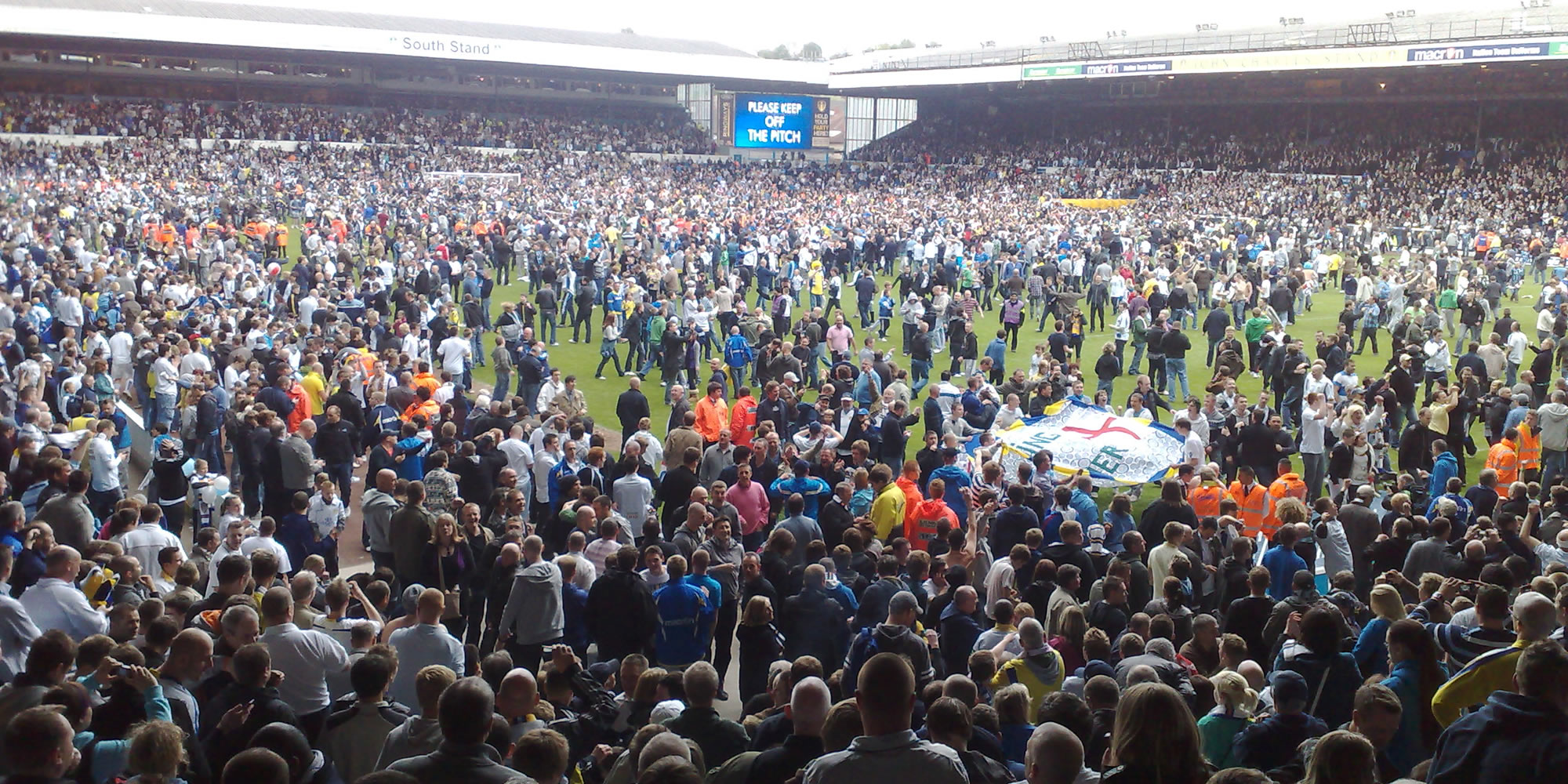Last night’s announcement by 12 clubs that they were forming a breakaway football competition is the culmination of an inevitable process that started almost 30 years ago.
It was in 1992 that the Premier League was formed in England, allowing a small group of clubs, through a Limited Company that they own equal shares in, to market the product and retain as much of the profit as possible.
And where the PL led other clubs followed. Making money means being able to buy the best players. Having the best players increases your chances of winning competitions. Winning competitions makes you prize and merchandising money. Making money enables you to buy the best players. Etc.
Having brought the fusty old blazers under control, the next logical step was the conquest of Europe. Working with large clubs in other major leagues the former European Cup was expanded so that even the fourth-best team in England could qualify for a place in the increasingly inaccurately-named Champions League, and earn more money from playing more midweek games. More money means being able to buy the best players. Etc.
The smaller leagues were then relegated to preliminary rounds where they could take part but not really affect the outcome beyond the group stages. A little bit like the Congress of Vienna, with UEFA as Napoleonic France and the minor European leagues as… well, they know their place.
The sound of the crowd
Top-flight football, especially in England, has long-since had anything to do with yer actual football. The Premier League is an entertainment channel for Sky; no more, no less.
Don’t believe me? Consider these two points then.
When are games played? Being what the ESL refers to as a Legacy Fan, I remember when games mostly kicked off at 3pm on a Saturday. Now they kick off at 12.30pm or 5.15pm on a Saturday, 12.45pm, 2pm, 3pm, 4pm or 5pm on a Sunday, or 8pm on a Monday (and now a Friday). Games are rearranged for television.
This in part is to get around the limit on live football being broadcast between 2.45pm and 5pm on Saturdays, so as not to take fans away from lower league games; but there aren’t any fans at lower league games at the moment. He who pays the piper calls the tune; if you want Sky’s money you play when they tell you to.
And when those games are played we get crowd noise piped in. The footballing equivalent of the laughter track on a sitcom, the crowd noise serves two purposes; it stops you hearing all the swearing and it provides an audio clue to the action.
What? Why do you need an audio clue if you’re watching the game? You wouldn’t if you were at the ground. Top-flight football is now just background noise while we do the ironing, or write blog posts.
A bunch of Canutes?
Not that I’m pointing fingers here; I’m just as guilty; yesterday I was “watching” Dortmund in the Bundesliga on BT Sport on my iPad while doing something else on the laptop (and the MotoGP before that).
But a lot of the talk this morning has been about legal avenues and punishments – and here we’re on much thinner ice. It’s a good idea to read up about World Series Cricket at this point.
FIFA and UEFA can’t exactly take the moral high ground here. There’s that World Cup in Qatar next year, for one thing.
Both organisations are, in effect, membership bodies and can, if they wish, refuse entry to clubs to their competitions. But there have to be legally-watertight reasons for doing so. If not, expect a challenge in the courts, and the ESL clubs have deeper pockets thanks to their backers. Playing the first team in the ESL games and a second string elsewhere would work, but only if the bodies ban ESL players from their competitions.
Of course, with all that money swishing around clubs could afford to buy the best players for all of the competitions they might wish to enter. Etc.
Some people will be hurriedly scouring their contracts – some for the first time, no doubt – to see what they’ve let themselves in for. And it’s not just players who could find themselves banned. What about officials?
Both FIFA and UEFA are also monopolies in their respective areas, as are all national and regional football associations. Monopolies are generally frowned upon.
Political interference in the process is unlikely to come to much. Preventing 12 businesses from going about their… business would again need some legally-watertight reasons. Can’t think of any that wouldn’t form a kind of restraint of trade. Visa restrictions for non-British players, perhaps, but you’d have to apply that to all professions.
Fans walking away? Some might, some will… but this competition is for the “Fans of the Future”, not us Legacy Fans.
Local sanctions? Possibly. Manchester City’s ground was effectively gifted to them by the Council, who apparently still own it but the club has 240 years left on the lease. So perhaps not.
The only realistic way the ESL will fail to come about is if the clubs involved lose their bottle.
To mix metaphors: the genie is long out of the bottle and we’re now trying to hold back the tide, Canute-like, when we should have stuck our finger in the (Greg) Dyke decades ago.
I think a few fans today will be more than a bit envious of the 50+1 / 51 percent rules they have in Germany and Sweden…
